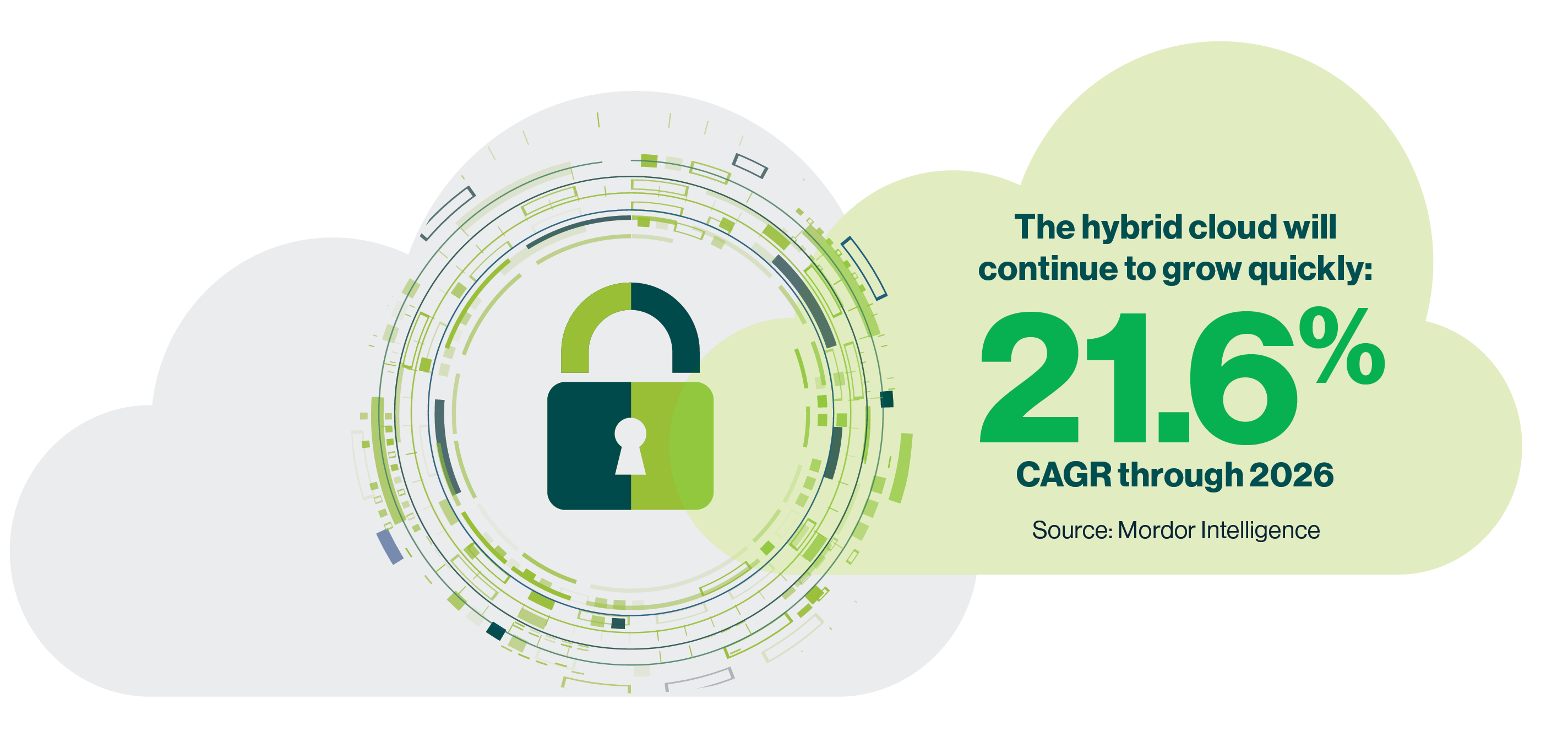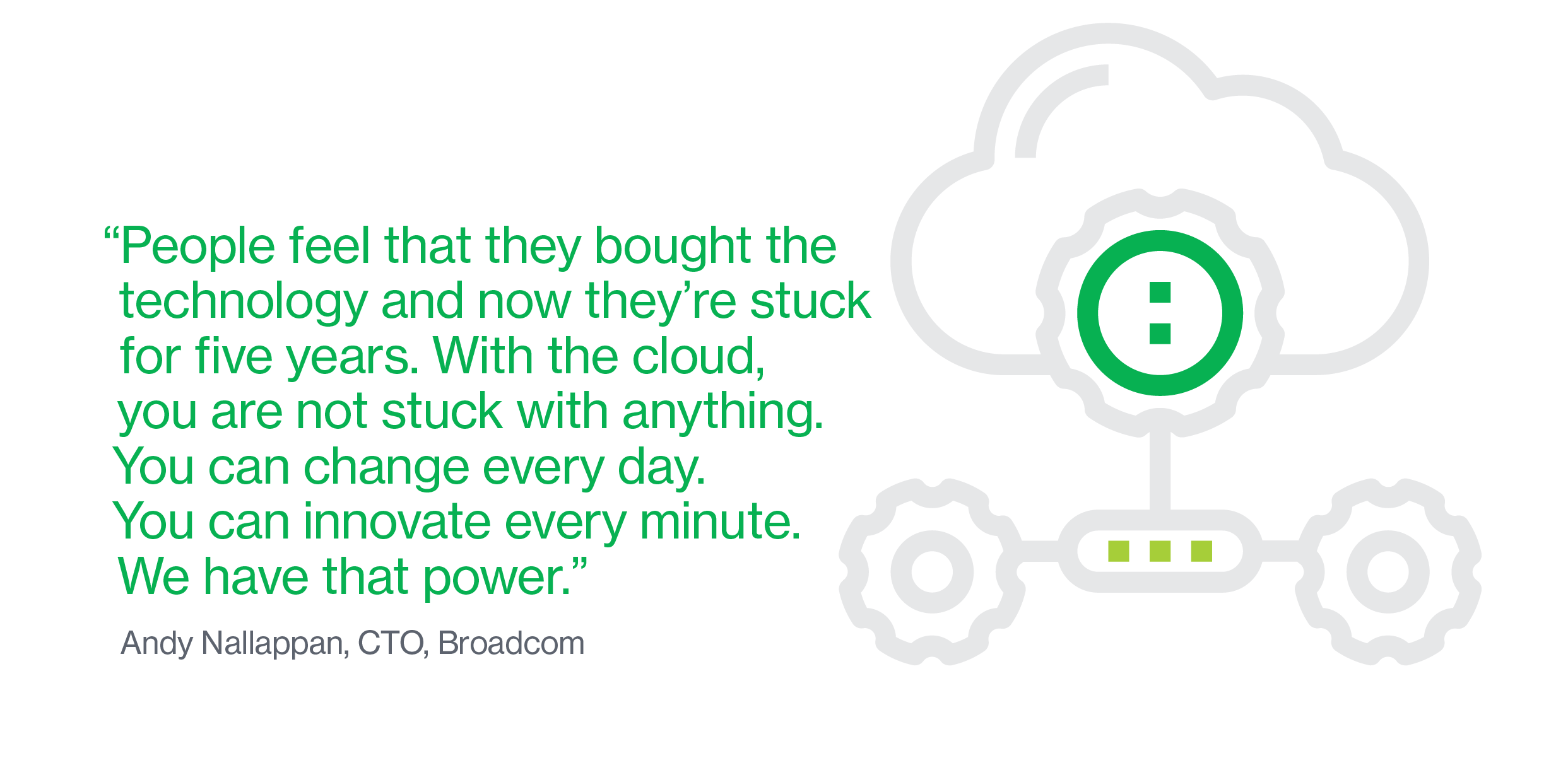This embrace of hybrid cloud is going on trade large at a powerful clip, in accordance with Veeam vice chairman of enterprise technique Dave Russell. “Lately, the pandemic and ensuing macroeconomic actions made organizations rethink operational technique and transfer sooner to the hybrid cloud,” he says. Market statistics agree: Mordor Intelligence predicts the marketplace for hybrid cloud will proceed to develop rapidly, with a compound annual development fee (CAGR) of 21.6% by 2026.
Enterprises more and more flip to hybrid cloud for price financial savings and the pliability to innovate and scale. “One of many prime advantages of hybrid cloud is to attenuate the associated fee to develop on-premises infrastructure,” explains Kateryna Dubrova, IoT networks and providers analysis analyst at world expertise intelligence agency ABI Analysis. She provides, “It simplifies creating the workload on the cloud to permit for rapidly testing, prototyping, and launching new merchandise.”
Preserving management over information
The expansion of hybrid cloud adoption brings information safety and safety into sharp focus. “The issue now’s that we now have much more information and much more purposes in much more locations,” says Alexey Gerasimov, vice chairman and head of cloud observe at Capgemini Americas. “All are topic to assaults, penetrations, information leakages—the assault floor is way larger, and there are various extra issues to assault.”

Defending information throughout hybrid environments is complicated. Firms typically depend on a number of programs from a number of distributors, which suggests information vulnerability, inefficiencies, and rising overhead prices. To guard property as cybersecurity threats improve and evolve, firms should perceive the information challenges that include hybrid cloud.
Firms that work with cloud applied sciences typically assume cloud suppliers will deal with information safety and safety; nonetheless, the last word duty for information administration technique lies with the corporate—regardless of the place the information resides. “In comparison with standard IT, cloud safety and safety is ruled by shared duty. The cloud service supplier assumes duty for underlying infrastructure comparable to cloud computing providers. The enterprise retains duty for purposes, information, and customers,” explains Dubrova.

The duty is like renting a automotive, says Russell: The rental company supplies the automotive and a tank of gasoline, however the driver nonetheless has to drive the automotive and keep away from accidents. “Equally, working with hybrid cloud, suppliers provide the working infrastructure—server racks—but it surely’s nonetheless as much as the enterprise to guard its information,” he says. “It’s nonetheless as much as the enterprise to harden entry from the attitude of ports, credentials, and all the safety particulars related to utilizing a hybrid cloud surroundings.”
As soon as that is understood, enterprise duty within the hybrid surroundings is a bonus. “For my part, hybrid is healthier the place you may have heavy compliance and information sovereignty necessities,” says Nallappan.
This content material was produced by Insights, the customized content material arm of MIT Know-how Overview. It was not written by MIT Know-how Overview’s editorial employees.




